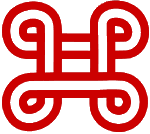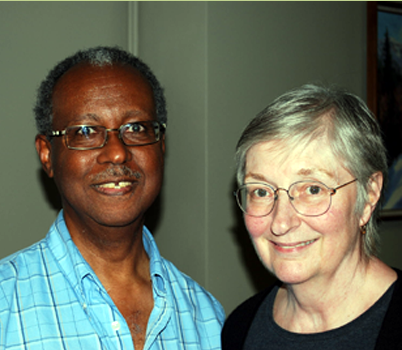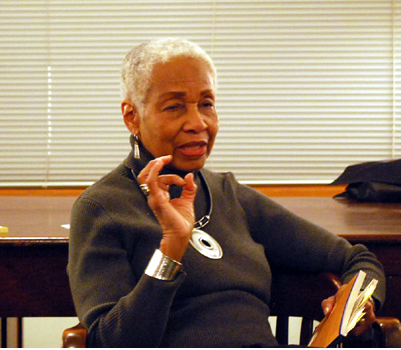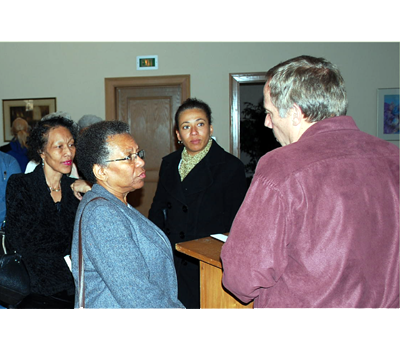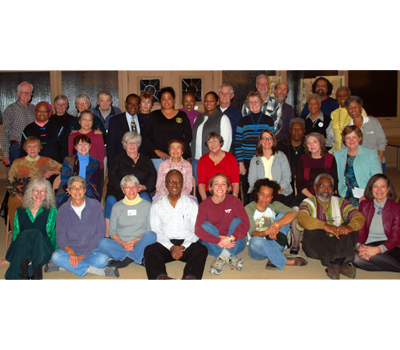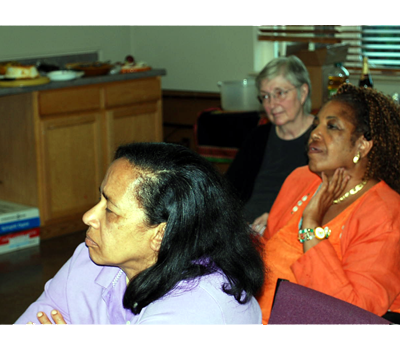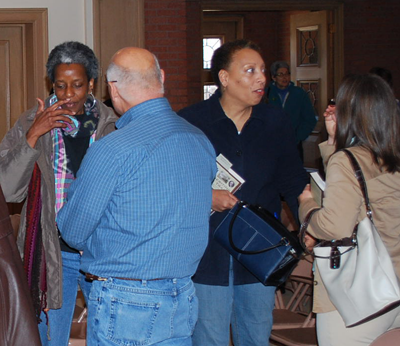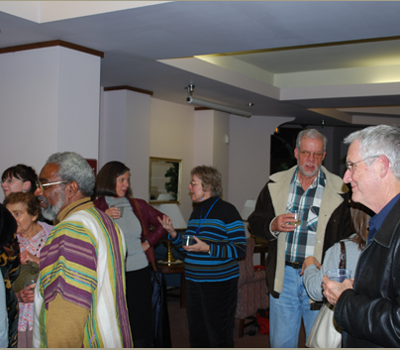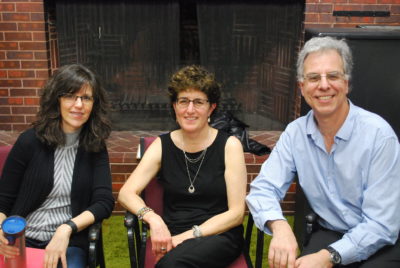'Race' Helps History Colorado Start A Hard Conversation
By Carrie Saldo
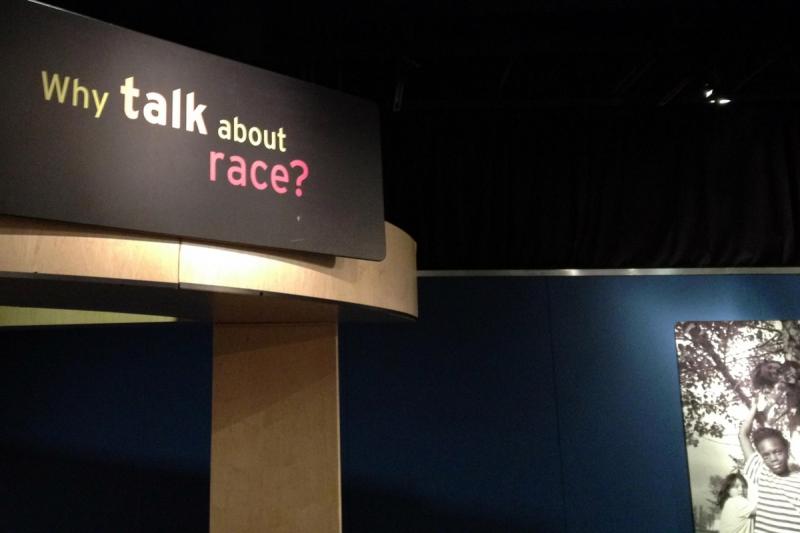
One of many questions posed by the exhibit 'Race: Are We So Different?'
Carrie Saldo Arts District
Fuzzy Logic is a subset of quantum physics that dismisses binaries – black or white – and instead places a premium on the shades in between. Having devoted much of the past two decades to improving race relations that reasoning speaks to Harold Fields, host of the Second Tuesday Race Forum.
"There are social differences that become invisible and unknown to those who don't have to deal with it," Fields said.
Since 1997, the Second Tuesday Race Forum has been a place for people of all races to share their experiences and discuss the fuzzy logic that surrounds the concept of race. That experience will guide Fields as he moderates What Does the Science Say? for History Colorado, the first in a series of events tied to the museum's hosting of the nationally travelling exhibit RACE: Are We So Different?
"We are, as a species, much more similar than members of other species," Kathryn Hill, History Colorado Chief Operation Officer observed. "We come from a common ancestor."
The exhibit uses biological, cultural and historical evidence to explore race – one of the most divisive facets of American society – and presents facts often glossed over by revisionist history.
"I believe that [museums] are trusted gathering places for people to look at … the successful parts, but also the really difficult parts of human history," Hill said. "And to think about those stories, and to think about our stories relative to theirs and to imagine ways that we're going to, as individuals, and as communities, build a better world."
Questions posed within the exhibit encourage patrons to consider and share their beliefs on a number of race-related issues.
One interactive display plays a variety of male and female voices on a loop. It challenges patrons to match those voices to faces displayed screen.
A three-ringed binder with note cards rests on another display.
"If you want a Native American 'mascot' to represent your school, base the mascot on the real history of the tribe in your area," wrote one patron anonymously responding to the use of "Indians" as sports mascots.
As a white woman, Hill said she has the privilege of living her daily life differently than a person of color - without considering her race.
"How wealth has been accumulated, how people have been educated in this country, how we congregate socially, all of those things are profoundly rooted in race," Hill said.
It is her hope that the exhibit becomes an entry point for broader community discussion about race. That's why the museum is hosting several events, such as the discussion forum Harold Fields' is slated to moderate.
Taking stock of history, Fields said it could seem only small steps have been made toward a more equal America.
150 years after slavery and 60 years beyond the civil rights movement, race-related violence persists. One African-American and no women have been elected to the highest offices in the land.
Fields said he embraces those facts as a key to moving forward.
"We need to challenge ourselves to see those things, learning more about things hidden in plain sight," Fields said. "I like to take the word impossible – the letters right in front of you – change that to 'I'm possible.' It's the same letters but a whole other way of looking at it."
Arts District is a collaboration of KUNC, RMPBS, and KUVO.
Here is a link to the webpage for this Arts District radio Promotion. In includes an audio recording of the Arts Dirstrict promotion:
http://www.kunc.org/post/race-helps-history-colorado-start-hard-conversation
http://www.youtube.com/watch?v=Noj2nGx2jNg&feature=youtu.be
